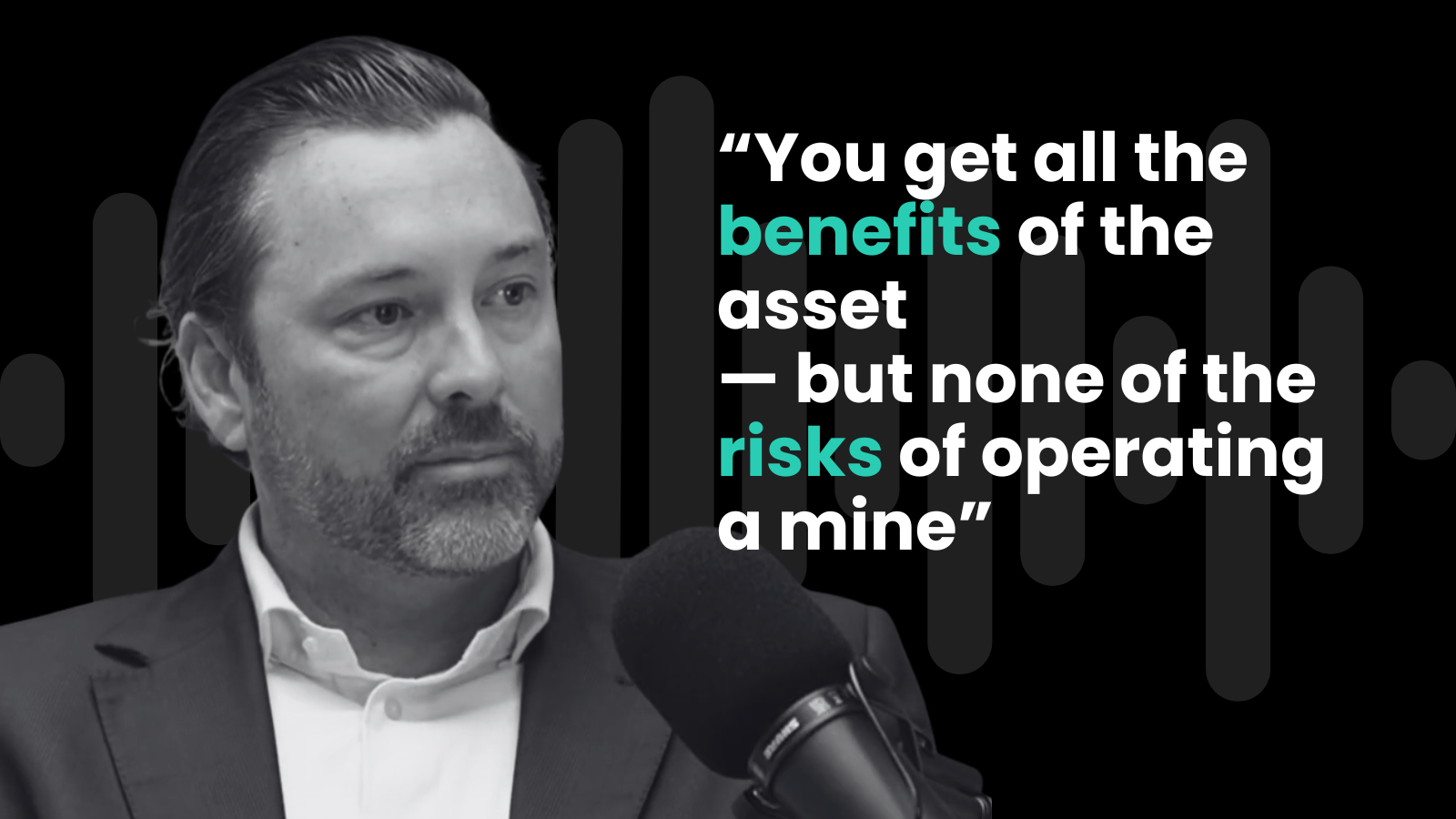Britons are warming to cryptocurrency. But for many, the obstacle has been access, not appetite. That may soon change. From October 8th, the Financial Conduct Authority (FCA) will allow retail investors to buy UK-listed crypto exchange-traded products (ETPs), reversing a three-year ban.
The timing looks propitious. A new survey commissioned by WisdomTree, a global issuer of crypto ETPs, shows that two in five UK investors would be more likely to put money into digital assets if they could do so via their bank, broker or adviser. For years, investors have been told to treat crypto with suspicion. Now regulation is moving in step with demand, providing a pathway into the market that looks both safer and more familiar.
Rules matter. One in five investors told WisdomTree that regulatory changes would influence their view of cryptocurrencies. The FCA’s decision reflects precisely that logic: allowing savers to access crypto through regulated ETPs should channel enthusiasm into more transparent and less risky vehicles. For once, the regulator and retail investors are aligned.
The nature of crypto investing is shifting
Once derided as little more than a speculative punt, digital assets are being woven into longer-term financial strategies. WisdomTree’s survey found that 26% of those already holding crypto are using it as part of a retirement plan, while 21% are saving toward a home. In short, Britons are starting to treat crypto less like a lottery ticket and more like a legitimate, if volatile, asset class.
- Lack of financial education is hampering UK investment
- Mercado Bitcoin commits €50m for Portuguese expansion
- Are you unknowingly positioning against crypto?
That shift brings opportunity for institutions. “Now that the FCA has permitted retail access to UK-listed crypto ETPs, we expect this to become the preferred vehicle for investors,” says Adria Beso, WisdomTree’s head of distribution in Europe. Advisers, platforms and asset managers will play a central role in guiding adoption. Firms like WisdomTree, which pitches its products as “institutional-grade,” hope to provide the reassurance investors crave.
The numbers suggest the potential is large. WisdomTree’s analysis indicates that adding as little as 1% crypto exposure to a diversified portfolio can improve returns without greatly increasing risk. Yet enthusiasm sometimes runs ahead of prudence: nearly one in four UK savers and investors say they would consider putting more than 10% of their portfolios into crypto. That mismatch between optimal exposure and investor appetite underlines the need for education.
And here lies the rub. Nearly three-quarters of UK investors admit they are not knowledgeable about cryptocurrencies. Nearly a third confess they would not know how to react if prices fell sharply. As Dovile Silenskyte, WisdomTree’s director of digital assets research, observes: “Education is essential to helping investors use crypto sensibly and manage the ups and downs.” Without it, volatility could produce the familiar cycle of boom, panic and regret.
The answer, she argues, is simple habits: investing small amounts regularly, understanding how crypto interacts with other assets and building balanced portfolios. The lessons are old, but the context is new. Crypto’s volatility is unlikely to vanish; what can change is how investors respond to it.
A regulated channel for mainstream investors
The FCA’s decision will not transform Britain into a nation of crypto devotees overnight. But by lifting the ban on ETPs, it has signalled that the asset class deserves a regulated channel for mainstream investors. For savers, it is a chance to test the waters without diving into the wilder corners of online exchanges. For the industry, it is an opportunity to show that digital assets can sit alongside equities and bonds as part of a serious financial strategy.
That may prove the most important innovation of all: not the invention of new coins, but the creation of sensible ways to hold them.





















